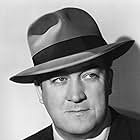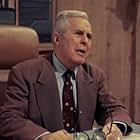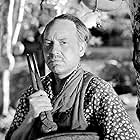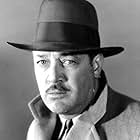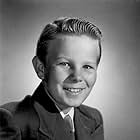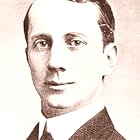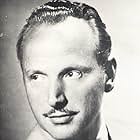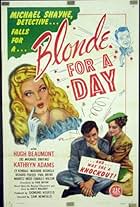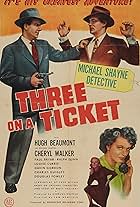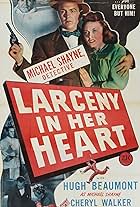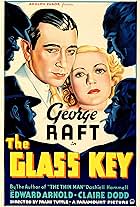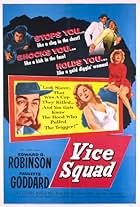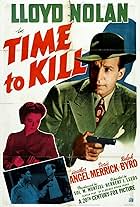Just what the 1947 regular movie-goer would have expected as a first half. Director William Beaudine's experienced hand and a simulation of production value (a few extras to walk from one shot to the next in set decorated studio interiors and a location excursion into the bungalow suburbs) make this a presentable example but don't disguise the poverty row quality). It's the last of PRC's Michael Shaynes with Hugh Beaumont, who is too jaunty to be a pulp fiction P. I. A couple of low rent hoods keep on beating him up and throw him into the Public Dump and, when he finally gets around to toughing it out with them, comic cop Ralph Dunn has to take down the last man standing. Trudy Marshall manages forties glamorous but shows no flare for the excessive comic relief with duck calls and arguments about his assignments getting in the way of their holiday. Meanwhile, intrepid reporter Charles Mitchell hovers ineffectually.
It's really all too cheerful, lacking menace and noir lighting. Clare Carleton's blonde floozy has potential as a femme fatale but doesn't last long enough to fulfill promise. The plot is pretty much an afterthought to accomodate all the crime B movie stuff. John Hamilton, owner of the Race Track (one stock shot and a sign on the door of the office with Meet activity on the BP screen behind Venetian blinds) wants to hire Beaumont's Mike Shayne to find out about a racket where he's being swindled with fake winning tickets. A bit more detail on this would have helped. Carlton offers information for a four-figure price and trusted associate Grandon Rhodes knew her when. Throw in shifty Ben Welden and nervous family-man inventor Byron Foulger (best performances) to make up the roster of suspects. A weak subplot with punk kid Gary Grey gets passing attention and George Meader's fussy hotel clerk is actually quite funny.
Now that the film has acquired a veneer of nostalgia, the casual way all the formula ingredients are thrown together becomes quite endearing.





